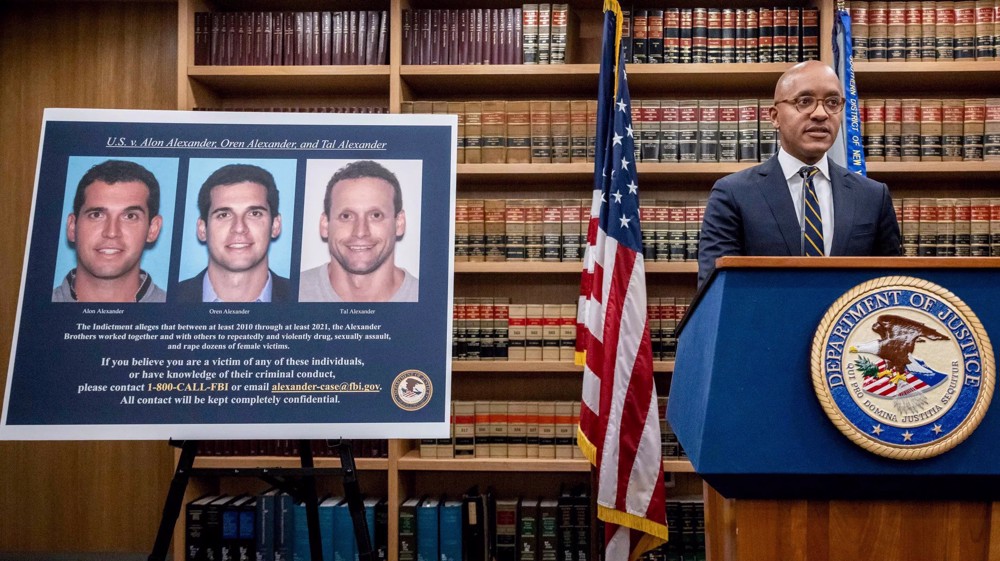'Daesh using ‘crowdsourcing’ to slay US targets'
A new report has revealed the Daesh (ISIL) terrorist group is resorting to ‘crowdsourcing’ to carry out terror attacks in the US and other targets of choice.
The NBC report said Friday that Daesh was involved in using hackers to steal the identity and crucial information of people it set aside for future attacks.
It came after the US requested Malaysia to detain Kosovar hacker Ardit Ferizi for allegedly giving ISIL over a thousand of some 100,000 names stolen from the Phoenix server of an unnamed US retailer.
According to the NBC News, back in July, Ferizi, an alleged Daesh sympathizer, supplied the list to British-born hacker and ISIL social media guru, Junaid Hussain, aka Hussain al-Brittani, who distributed it on August 11 with a threat to kill ‘crusaders in their own lands.’
Thirteen days later, al-Brittani was killed in a US drone attack near Raqqa, Syria, where Daesh has been wreaking havoc since the early 2011.
Reports say that 20-year-old Ferizi entered Malaysia in August 2014 to study computer science and forensics.
Malaysia reportedly arrested him a couple of days ago on charges of hacking personal data of more than a thousand US officials and handing it to ISIL militants in Syria so they could target the individuals.
He will be extradited to the United States, Malaysian police said on Thursday night.
His arrest follows a criminal complaint filed by the US attorney in Alexandria, Virginia, saying Ferizi, who uses the alias "Th3Dir3ctorY," stole the personal information of "approximately 100,000 people" from the unnamed retailer on June 13 and then stripped out those he believed were from the military or government.
Ferizi is believed to be the leader of a Kosovar Internet hacking group called Kosova Hacker’s Security.
The US Justice Department's top counter-terrorism prosecutor, John Carlin, termed the new ISIL method as "crowdsourcing terrorism," describing it as a new phenomenon and a real threat.
"Hackers a world away can intrude into our homes with the push of a button, to steal from us, to gather intelligence that can be used against us, and even to try hurt or kill us," Carlin said at the Roger Williams University Law School in Providence, Rhode Island.
"We have long warned about the convergence of terrorism and the cyber threat, but this case is a first of its kind."
After Syria, ISIL militants swarmed large swathes of Iraq last year. They have been carrying out heinous atrocities against all communities in both neighboring Arab countries.
American warplane downed after Yemeni attacks 'baffled' US air defense: Ansarullah
VIDEO | Yemenis praise the military for its successful operations against Israel
VIDEO | Israel continues to bomb Gaza homes
VIDEO | An insider's view of the country: Meybod City in Yazd
‘All wars have rules. All of those rules have been broken’ by Israel
VIDEO | Report flags India’s violation of rights of Rohingya detainees
Turkey's foreign minister meets Syria's de facto leader in Damascus
VIDEO | US Syria plots










 This makes it easy to access the Press TV website
This makes it easy to access the Press TV website